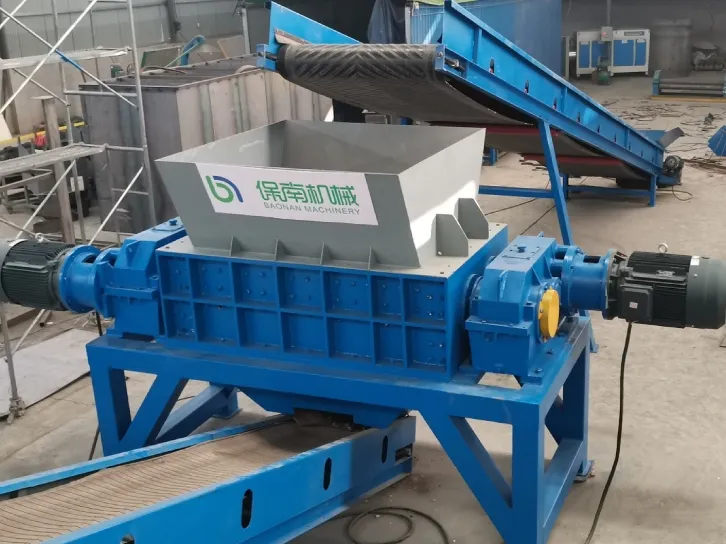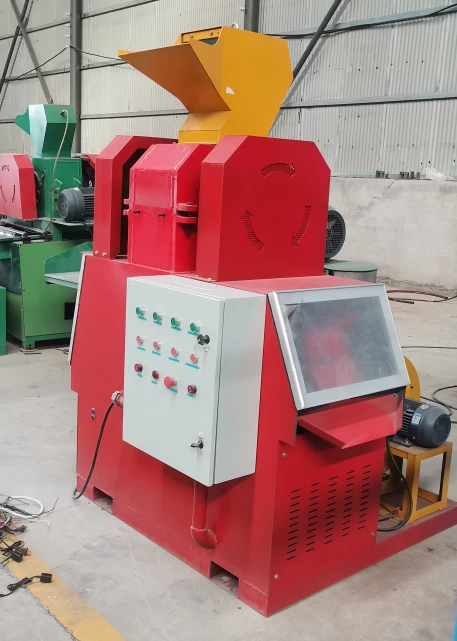Industrial hard drive shredders have become essential in maintaining data security within organizations. As data breaches continue to rise, safeguarding sensitive information has never been more crucial. A high-quality industrial hard drive shredder ensures that defunct hard drives are thoroughly destroyed, rendering any potential data recovery impossible. Understanding the features and benefits of these devices can greatly enhance the data security strategy of any organization.

Industrial hard drive shredders offer a level of efficacy and security that software-based deletion methods simply can't achieve. While digital erasure techniques might remove visible data, the possibility of forensic data recovery remains. In contrast, a shredder physically destroys the hard drives, making data recovery practically impossible. This method is especially critical for companies dealing with highly sensitive information, where data breaches could result in significant financial and reputational damage.
When selecting the right industrial hard drive shredder, several factors should be considered to ensure maximum efficiency and security. Firstly, the shred size is a vital aspect.
It determines how thoroughly the drives are shredded. Smaller shreds result in a more secure destruction process, making it harder, if not impossible, to reconstruct any data.

Speed and capacity are also important parameters. The shredder should handle the volume of hard drives your organization needs to process, both in terms of the number of drives per hour and the total quantity it can manage within its lifespan. For large corporations or data centers, high-capacity, fast-processing shredders are of utmost importance.
industrial hard drive shredder
Manufacturers often incorporate advanced technological features into modern industrial hard drive shredders. These devices may include automatic feed mechanisms, sensor-based operation adjustments, and safety features that prevent overheating or other malfunctions. An efficient shredder not only ensures security but also enhances operational efficiency, reducing time and labor costs.
From a compliance standpoint, using an industrial hard drive shredder helps organizations meet stringent data protection regulations. Legislative frameworks such as GDPR, HIPAA, and others mandate not only the protection of live data but also the secure disposal of outdated or obsolete data. Companies that fail to comply with these regulations risk severe penalties. Utilizing a certified shredder ensures adherence to legal requirements, thereby safeguarding the organization from potential legal entanglements.
While many vendors offer a range of shredders, not all devices are created equal. Trustworthy brands usually provide detailed product specifications and are transparent about their compliance with industry standards. Consulting with experts prior to purchase can be beneficial in understanding which model best fits your organization's needs and budget.
In conclusion, the deployment of an industrial hard drive shredder is a critical component in the broader strategy of data lifecycle management. By integrating such a device, organizations not only protect their sensitive data from unintended exposure but also enhance their overall data governance policy. Investing in a reliable, high-quality shredder is an investment in organizational integrity, trust, and reputation. Therefore, organizations must prioritize this tool within their data security arsenal to ensure comprehensive protection against data breaches.


